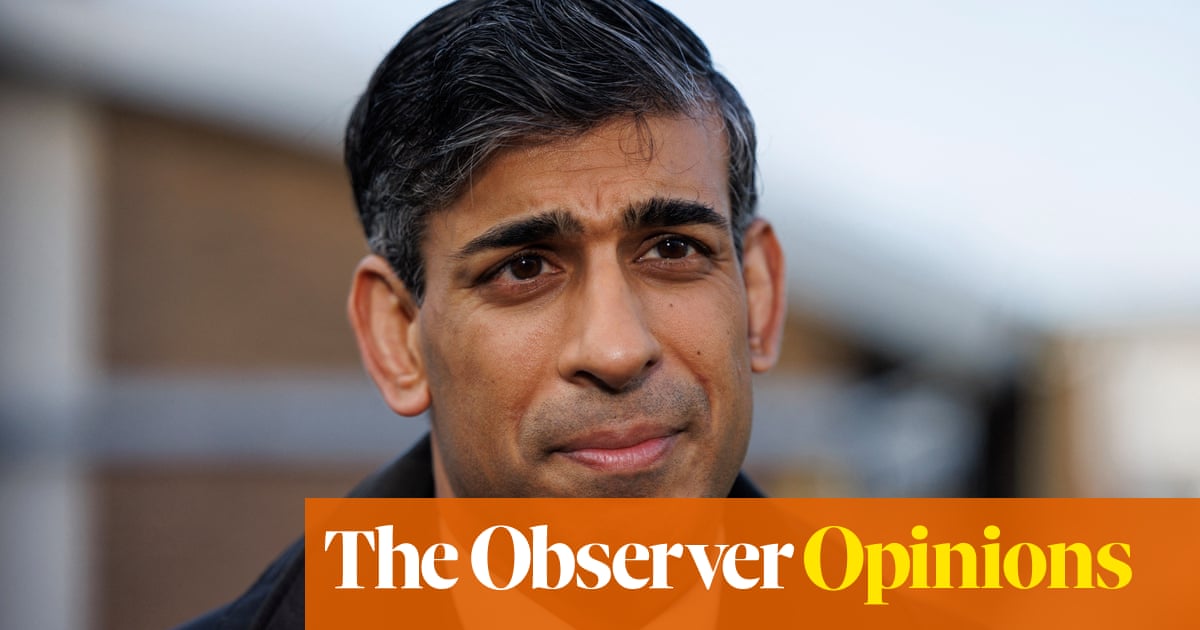
What has happened to Keir Starmer, the seasoned anti-war protester?
The Labour leader and I both marched on the Stop the War demonstration against the Iraq war in 2003. I remember reading with interest his Guardian article “Sorry, Mr Blair, but [UN resolution] 1441 does not authorise force”, questioning the legality of that war. Only two years ago, when he wanted to appear to be on the left of Labour as he sought election, I was happy to see him promise to bring forward a Prevention of Military Intervention Act.
Starmer’s recent outburst about the Stop the War coalition – he claimed that we were effectively on the side of Vladimir Putin for opposing the march towards war over Ukraine – seems to be a critique of his former self. Does he now think he was not a “benign voice for peace” but “at best naive; at worst actively giving succour to authoritarian leaders”? Partly it is sad because he in all likelihood believed what he said then but has now joined the ranks of those politicians who will say anything, no matter how flatly it contradicts their previous statements, if it serves their current ambitions.
However, everything we and Starmer thought at the time has been proved correct by events, and every criticism he makes of the anti-war movement now has been made before – and revealed as false.
We were told more than 20 years ago that opposition to war in Afghanistan was the same as supporting the Taliban; then that we were aiding Saddam Hussein when we demonstrated against war with Iraq in 2003. When we opposed the Nato bombing of Libya in 2011, we were accused of backing Muammar Gaddafi.
It was a lie then, and it is now. We opposed those wars because we believed they would worsen the situation – increase not decrease terrorism, cause greater instability, and leave millions suffering from the consequences. On all those questions we have been proved decisively correct. Our opposition to war in Ukraine is not based on any support for Putin – he has his own record of militarism and war – but because we recognise that such a war would be devastating and that a peaceful resolution can be found.
The argument that we oppose war because we support the governments of those countries suggests that there can be no good reason for people to oppose war other than being beholden to another power. This is an insult to all those campaigning for peace, including in Russia, where no doubt pro-war elements claim their opponents are supporting Nato or the US.
In order to justify his argument, Starmer has to argue that Nato is purely defensive. “There is no equivalence between a defensive alliance that has never provoked conflict and those who would inflict the appalling cost of war on to others,” he writes.
Tell that to the people of Afghanistan and Libya, who have suffered so much as a result of the Nato wars. Stating that the organisation is a defensive alliance does not make it true. It has moved a very long way geographically from the North Atlantic, which was its original remit. Its origins were in the cold war; its role since the end of that war, in 1989, has been expansionist and interventionist, and it is now playing an active role in manoeuvres and arms provision in eastern Europe. It is increasingly looking towards the Indo-Pacific as another theatre of conflict.
This military organisation is also putting huge pressure on member states to increase their spending on “defence”. Nato demands at least 2% of GDP from each country, which encourages further militarism and conflict. Meanwhile, in Britain millions of people are facing a serious cost of living crisis, an NHS in permanent emergency mode and record levels of inequality.
The Boris Johnson government – whose foreign minister does not appear to know which provinces are in Russia and which in Ukraine – has been the most belligerent in its talk about war with Russia. No doubt this is a tactic to deflect from the prime minister’s own domestic crisis, but it could also lead to an extremely dangerous situation for people in Britain, as well as in Ukraine and Russia.
Starmer should be opposing this government, not trying to bang the drum for war even harder. His invocation of the Attlee government in his defence ignores the foreign policy record of that government, which supported wars in Korea and Malaya and introduced the nuclear bomb with “a bloody Union Jack on top of it”, in the words of Starmer’s hero, Ernest Bevin. Starmer sees Nato and the NHS as twinned achievements of Attlee’s government, but a much closer and more meaningful comparison with the creation of the health service is the founding of the United Nations in 1945, rather than the cold war military creation he celebrates.
Stop the War has been proved right over the previous wars, while those who mistakenly supported them seem to have learned no lessons from the terrible consequences of their errors. War over Ukraine, involving nuclear powers, could have much more damaging consequences. Diplomacy could lead to a way out, we believe, as even the French and German governments are trying to establish, in contrast to Starmer.
We have become all too familiar with Labour politicians promoting wars. Stop the War will continue its campaigning against this threat and the British government’s connivance in it – with Labour acquiescence. Our message is simple: don’t get fooled again.
Lindsey German is convenor of the Stop the War coalition












